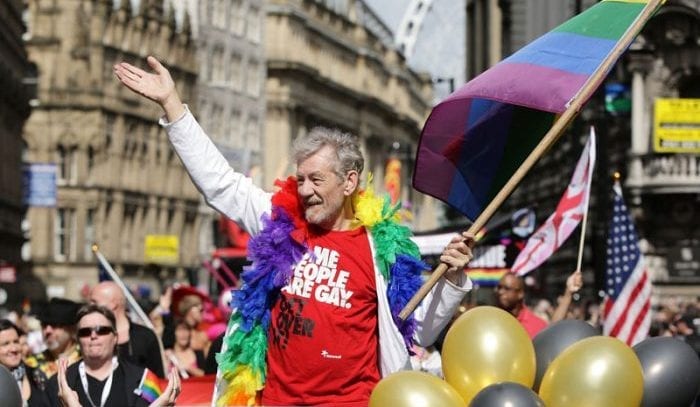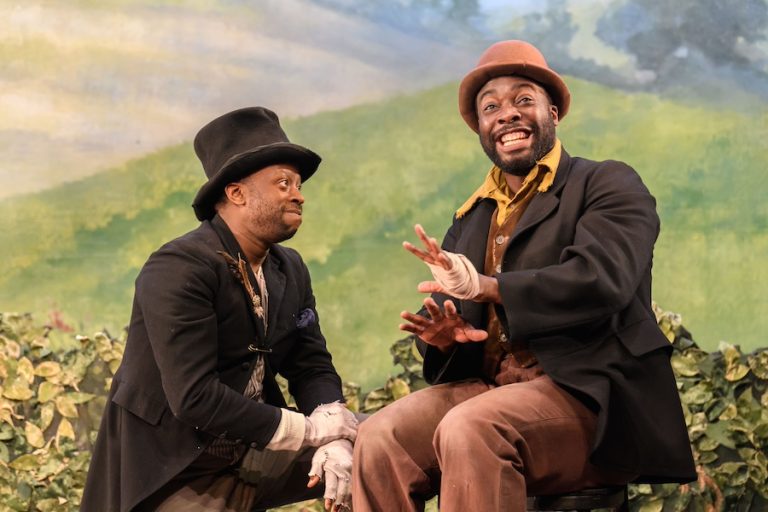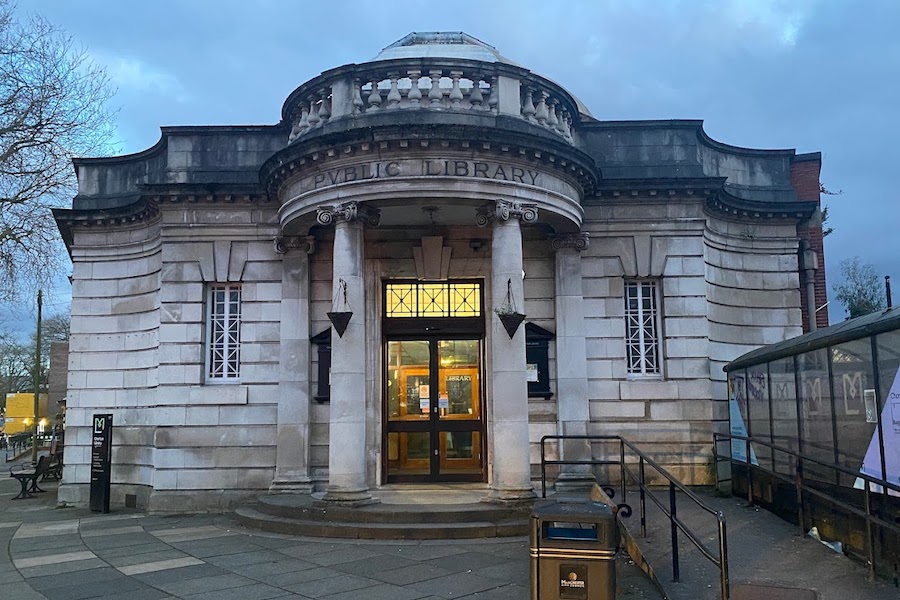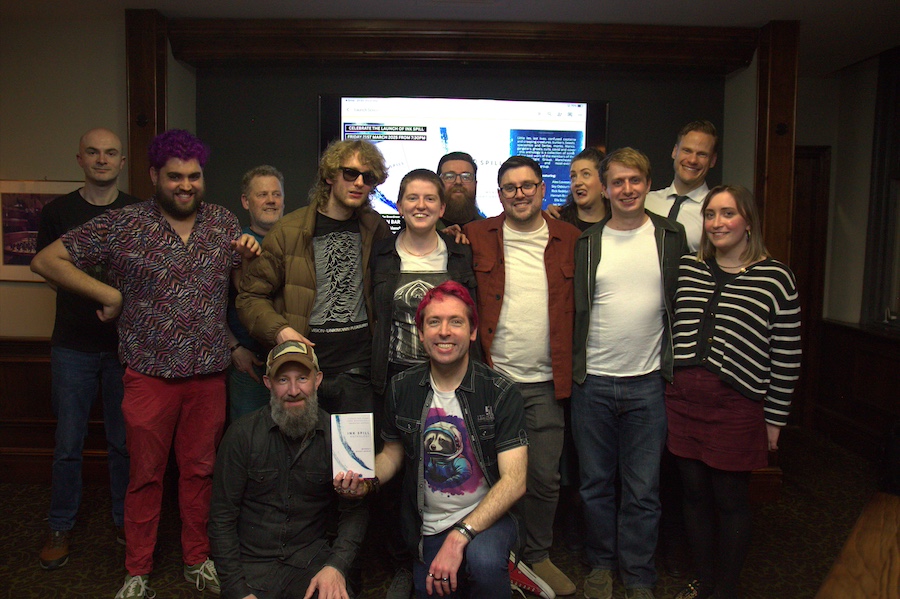Manchester to get UK’s first LGBT retirement community
- Written by Ray King
- Last updated 8 years ago
- LGBT+

Manchester city council has announced plans to create a retirement community aimed at lesbian, gay, bisexual and transgender people. There are similar projects in San Francisco and Stockholm, but not in the UK.
According to a report by the city-based LGBT Foundation – the largest LGBT health and community services charity in Britain – LGBT people experience disproportionately higher levels of of isolation and loneliness in later life. The research, commissioned by the town hall, found that many feared discrimination.
Town hall lead for the LGBT community Bev Craig has said that older people should never feel isolated by who they are and that prejudice and discrimination could be problems in later life.
She believes it is time that the city developed a scheme that provides care for LGBT people where they can give each other support in older age.
The idea is in its early stages with no timetable or location so far identified and follows radical proposals to establish the UK’s first school for LGBT young people in Manchester. That ambition was unveiled in January 2015 with proposals for a city centre base and a timescale of three years. The school is intended to accommodate up to 40 young people with another 20 part-time places aimed at people who are struggling in mainstream schools because of homophobic bullying.
The council, which last year chose Carl Austin-Behan as Manchester’s first open gay Lord Mayor, believes that the city is home to the UK’s largest LGBT community outside London. It expects to see a significant rise in the number of LGBT people over 65 in the next 20 years in line with the ageing of the rest of the population. More than 7,000 over-50s living in Manchester currently identify as LGBT and, it is claimed, face particular issues.
The Lord Mayor said in an interview with The Guardian this week that it was important for people living in sheltered accommodation who were more open about their sexuality to know they were going to be respected by residents.
A survey of care home staff undertaken by the University of Nottingham in 2014 revealed that LGBT residents were not disclosing their sexual orientation to such an extent that many care home workers had no idea that there were LGBT people living there.
Heterosexual people would be welcome to apply for places at the proposed retirement community, dubbed the extra care scheme, but at least 51 per cent would be reserved for LGBT residents.
The project is being supported by the Stonewall Housing and the Homes and Communities Agency in addition to the LGBT Foundation, whose chief executive Paul Martin said: “Manchester prides itself as an age-friendly city. The charity’s own research found that more than half the LGBT community aged over 55 were concerned that their orientation would have a negative impact on their getting older and worried about social isolation.”
- This article was last updated 8 years ago.
- It was first published on 23 February 2017 and is subject to be updated from time to time. Please refresh or return to see the latest version.
Did we miss something? Let us know: press@ilovemanchester.com
Want to be the first to receive all the latest news stories, what’s on and events from the heart of Manchester? Sign up here.
Manchester is a successful city, but many people suffer. I Love Manchester helps raise awareness and funds to help improve the lives and prospects of people across Greater Manchester – and we can’t do it without your help. So please support us with what you can so we can continue to spread the love. Thank you in advance!
An email you’ll love. Subscribe to our newsletter to get the latest news stories delivered direct to your inbox.
Got a story worth sharing?
What’s the story? We are all ears when it comes to positive news and inspiring stories. You can send story ideas to press@ilovemanchester.com
While we can’t guarantee to publish everything, we will always consider any enquiry or idea that promotes:
- Independent new openings
- Human interest
- Not-for-profit organisations
- Community Interest Companies (CiCs) and projects
- Charities and charitable initiatives
- Affordability and offers saving people over 20%
For anything else, don’t hesitate to get in touch with us about advertorials (from £350+VAT) and advertising opportunities: advertise@ilovemanchester.com


Review: Tambo & Bones at HOME is ‘ambitious, bold, gutsy…. and terrific’

Review: JB Shorts 26 at 53two is ‘a five-star showcase of northern talent’

















